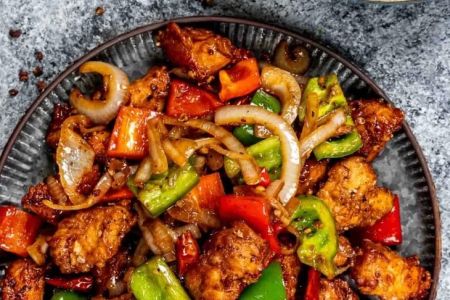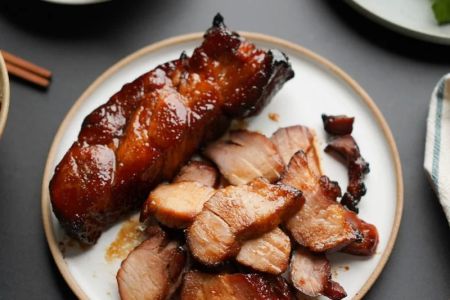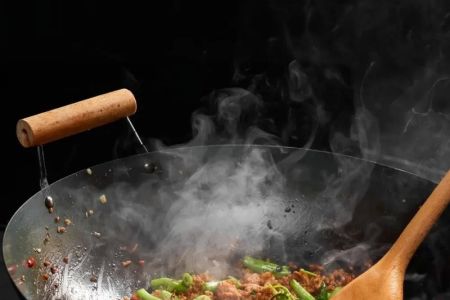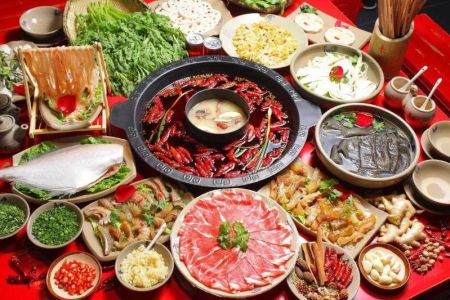Why Are Chinese Restaurants Closed on Tuesdays?
As a fan of Chinese cuisine, I’ve always loved the diversity of flavors and dishes available at my local Chinese restaurant. However, something that I’ve noticed over time is that many of these restaurants tend to be closed on Tuesdays. It’s a curious phenomenon that often leaves customers wondering why this day is so popular for a closure. In this article, I’ll dive into the reasons behind this common practice, shedding light on the cultural, business, and logistical factors that lead to this scheduling decision.
1. Cultural Significance of Tuesdays
At first, I thought the tradition of Chinese restaurants being closed on Tuesdays was just a quirky coincidence. But as I looked deeper, I discovered that the choice is tied to certain cultural norms and practices that make sense for restaurant owners and employees. In traditional Chinese culture, Tuesdays are often seen as an inauspicious day for business. This stems from the Chinese belief in numerology, where certain numbers and days are believed to bring good or bad luck. In this case, Tuesday, which is represented by the number "2," is sometimes considered unlucky for starting or running a business. So, for many restaurant owners, it’s not just about convenience; it’s a way of aligning their business practices with cultural beliefs.
1.1 The Importance of Lucky Days
The concept of lucky and unlucky days isn’t unique to Chinese culture, but it certainly plays a role in decision-making. Many Chinese business owners choose to remain closed on Tuesdays, as they believe that staying open on this day might negatively impact their sales. Instead, they might schedule their days off to align with more auspicious days, such as Sundays or Thursdays, which are generally considered more favorable.
2. Employee Rest and Work-Life Balance
Another reason why many Chinese restaurants close on Tuesdays is to give their hardworking staff a much-needed day off. Restaurants, particularly smaller, family-owned establishments, often have tight staff schedules, with employees working long hours. By closing on Tuesdays, restaurant owners ensure that their team gets a regular rest day during the week. This rest period is essential for preventing burnout and maintaining high levels of service throughout the rest of the week. I’ve spoken to a few restaurant owners who explained that this scheduled break helps create a more balanced work environment, improving employee morale and productivity.
2.1 Long Hours and the Need for Rest
Restaurant work can be grueling, especially when you’re in the kitchen for long hours, prepping and cooking meals for a constant flow of customers. By taking Tuesdays off, owners and staff can recharge their energy, making them more effective during the busier days of the week. I’ve heard from restaurant staff that they really value the break and that it helps them stay fresh and ready to serve customers with a smile when they reopen.
3. Historical Influence of Chinese Holidays and Traditions
In addition to numerology and employee well-being, the practice of closing on Tuesdays can also be linked to traditional Chinese holidays and customs. Historically, Chinese restaurant owners have followed holiday schedules based on the lunar calendar, which sometimes results in periodic closures on certain weekdays. Tuesdays, in particular, can coincide with days of rest after significant cultural or religious events, leading restaurant owners to keep their doors shut on this particular day to allow for these traditions.
3.1 Influence of Chinese New Year and Other Holidays
Chinese New Year and other major holidays are often observed with family gatherings and celebrations. These celebrations sometimes affect the operating hours of Chinese restaurants, leading to adjustments in regular scheduling. After these busy periods, owners may choose Tuesdays to give their teams a break before jumping back into the hustle and bustle of serving customers during the rest of the week.
4. Practical Reasons for Scheduling Tuesdays Off
From a business perspective, many Chinese restaurant owners find that closing on Tuesdays makes sense logistically. After the weekend rush, Mondays are often used to prepare for the upcoming week, and by Tuesday, things tend to slow down a bit. It’s during this quieter period that restaurant owners can conduct inventory checks, clean the kitchen, update their menus, and perform other behind-the-scenes tasks. Closing on Tuesday gives them time to ensure everything is in order for the busy days ahead, such as Wednesday and the rest of the week.
4.1 Slow Business Days and Operational Efficiency
The midweek period can often be the slowest for many restaurants, particularly those in smaller neighborhoods or suburban areas. By closing on Tuesdays, restaurant owners are effectively minimizing the financial impact of operating during slow periods. This helps them to cut costs, manage their resources more efficiently, and allocate their staff’s time in a way that maximizes productivity during busier days.
5. How This Affects Customers and Alternatives
As a customer, I’ve occasionally been frustrated by finding my favorite Chinese restaurant closed on a Tuesday, especially when I was craving a meal. However, understanding the reasons behind it made me realize that these closures are part of the restaurant’s commitment to delivering high-quality service and maintaining a sustainable business. For those who find themselves craving Chinese food on a Tuesday, there are usually alternative restaurants or even delivery services that can fulfill those needs. Additionally, many larger chains or franchise locations remain open on Tuesdays, so customers can still find options if they really want a Chinese meal.
5.1 Adjusting to the Schedule
If you’re a regular at a local Chinese restaurant and often find it closed on Tuesdays, I suggest adjusting your schedule by planning ahead. You can call ahead on Monday to check when the restaurant will be open or look for local alternatives. Understanding the reasons behind the closure helps us appreciate the broader cultural and practical factors at play, and I’ve personally learned to be flexible in my dining choices because of it.






![Top Chinese Restaurants for Authentic Cantonese Cuisine in [Your City]](https://img.gochinarose.com/d33/2507/4157910400_450x300.webp)
